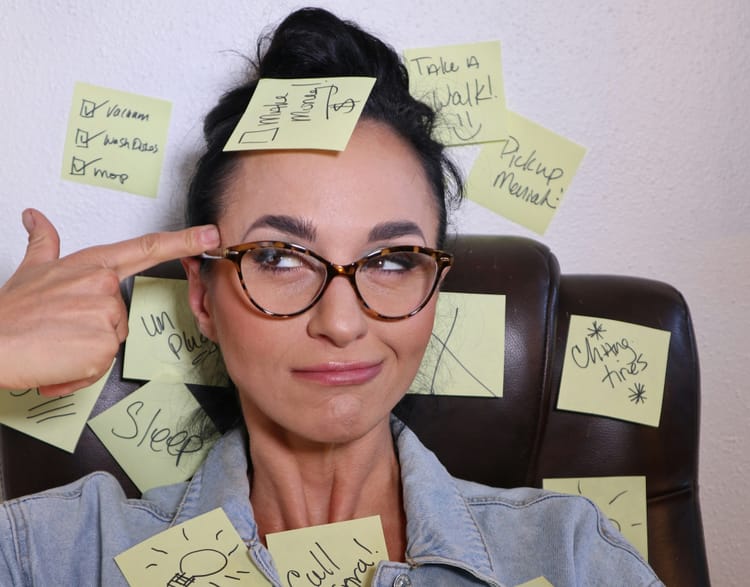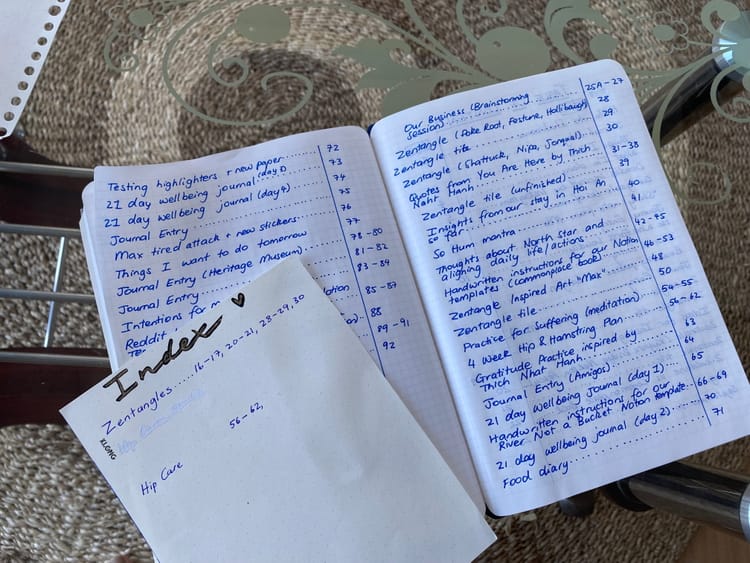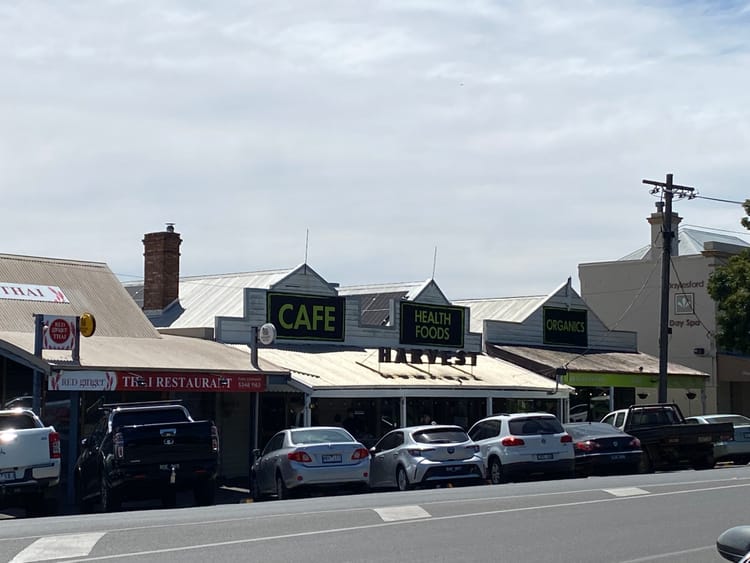From inside a Courtroom
The rules surrounding litigation, courtroom etiquette, and procedures are enough to confuse any junior lawyer. Regardless, we all have to start somewhere. Slowly, we learn to navigate our way through the intertwined web of legal jargon, etiquette, procedures and rules of conduct. Making some mistakes along the way, heck, even looking the fool sometimes (but being a young lawyer has one advantage at least - the seniors and Judge come to understand and somewhat accept the blank face that may be displayed for a split second before we find the right words to reply or the right directions to seek).
The point is, with practice, we get better (and that blank face pops up less often). Having been to a couple of hearings with senior counsel, here are some notes from inside the Courtroom:
1. Judges are each different and have their own way of running the case. Some require opening submissions; some don't. Some want you to have written opening submissions which the Judge can follow. And yes, some don't read the pleadings (court documents) before coming to the courtroom. Some want formal written legal submissions at the end; others want oral legal submissions instead. Some ask a lot of questions along the way; some prefer just to listen most of the time. What to take from this - prepare for anything and everything - for example, prepare written submissions but be ready to do it orally if required.
2. As a junior, we need more preparation than senior lawyers who may have done this for years and years. But that does not mean we cannot do it. With preparation (and by that I mean writing witness examination questions in advance, writing and practicing opening and closing submissions, guiding the Judge through signposts etc), we are able to present the case almost as well as any other barrister with years fo experience (though we may still get stuck when asked unexpected questions by the Judge - but hey that is the path of learning!).
Note to self: prepare in advance and familiarise yourself with the common bundle of documents. Refer to the document/tab numbers when asking questions and making submissions.
3. Although we learnt at law school not to ask leading questions during examination in chief, not to lead your own witness, this does not seem to be followed so rigorously in practice (in my experience). Nonetheless, one good way to ask non-leading questions from your own witness without giving them too much free reign (of great importance if your witness is prone to get side-tracked into unnecessary or unhelpful details), is to ask the question or make the statement and then add "what do you say to that?"
Note to self: start from the beginning of events when questioning - this applies for both cross examination and examination in chief. This has the benefit that by asking simple questions at the beginning, we, the junior lawyers, can build confidence and give the witness some confidence as well.
4. Pleadings are utterly, absolutely important! In the end, we can only get what we asked for in the pleadings. It is difficult to amend the pleadings and even more difficult to then go to Court and seek additional things that have not been included in the pleadings. So stop and take a long moment to think of all the possible claims and losses your client may have (and here some suggestions and assistance from senior lawyers will go a long way).
Note to self: when claiming damages, you must find primary sources to support those claims (e.g. show why you are seeking damages of $x, find the evidence!). If the evidence is not available, the witness must state that in their affidavit and state what their estimate is and on what it is based - must get as exact details as possible from the client in their affidavit. If there is nothing regarding this stated in the affidavit, the Judge cannot grant the damages being sought.
5. Just showing the loss suffered is not enough! Must show the amounts claimed and how did the claimant arrive at that amount? If there are no primary sources to support the amounts, the witness must write approximate amounts in their affidavit and back it up with reasons.
Note to self: can only claim net profit lost, not the gross profit/income lost. Also, general damages are not usually available in commercial cases.
6. Show all - I mean all - the documents to the client before filing. This includes information capsules, memorandums, notices, defences, directions sought, everything! Make sure that all documents filed up to the date of hearing are consistent.
And remember:
Keep calm, talk slow, take pauses if needed, clear you head before speaking. Ask short and simple questions and don't let the witness ramble on during cross examination.




